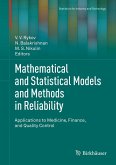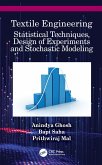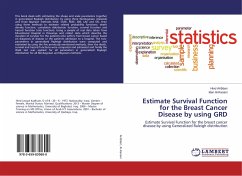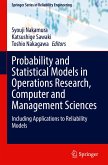Generating function (GF) is a mathematical technique to concisely represent a known ordered sequence into a simple continuous algebraic function in dummy variable(s). This Second Edition introduces commonly encountered generating functions (GFs) in engineering and applied sciences, such as ordinary GF (OGF), exponential GF (EGF), as also Dirichlet GF (DGF), Lambert GF (LGF), Logarithmic GF (LogGF), Hurwitz GF (HGF), Mittag-Lefler GF (MLGF), etc. This book is intended mainly for beginners in applied science and engineering fields to help them understand single-variable GFs and illustrate how to apply them in various practical problems. Specifically, the book discusses probability GFs (PGF), moment and cumulant GFs (MGF, CGF), mean deviation GFs (MDGF), survival function GFs (SFGF), rising and falling factorial GFs, factorial moment, and inverse factorial moment GFs. Applications of GFs in algebra, analysis of algorithms, bioinformatics, combinatorics, economics, finance, genomics, geometry, graph theory, management, number theory, polymer chemistry, reliability, statistics and structural engineering have been added to this new edition. This book is written in such a way that readers who do not have prior knowledge of the topic can easily follow through the chapters and apply the lessons learned in their respective disciplines.
Bitte wählen Sie Ihr Anliegen aus.
Rechnungen
Retourenschein anfordern
Bestellstatus
Storno








